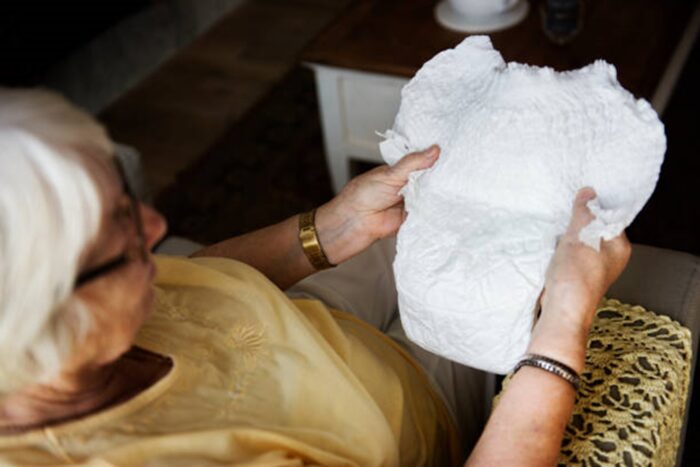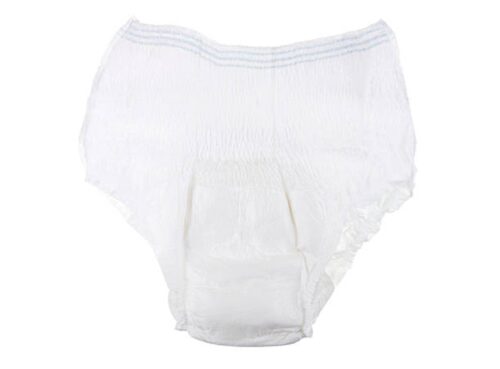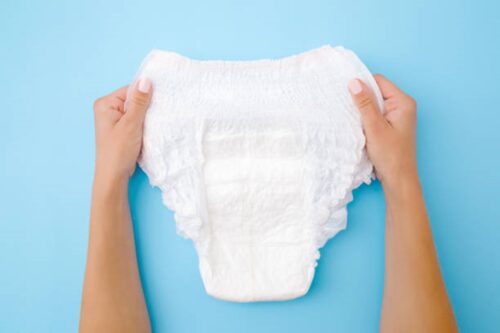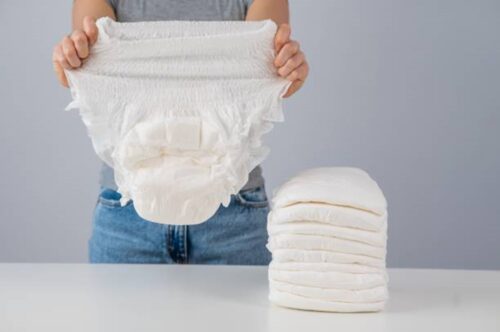
CONTRIBUTED
Caring for elderly individuals involves meeting a variety of physical and emotional needs. One key aspect of providing quality care is ensuring comfort, cleanliness, and protection for seniors, especially those facing challenges like incontinence or limited mobility.
Underpads, also known as bed or incontinence pads, offer practical solutions to help keep beds, chairs, and other surfaces dry and sanitary. They make daily routines more manageable for caregivers and more comfortable for seniors.
These pads are simple yet essential tools that support hygiene, prevent skin irritation, and reduce the risk of common issues in elderly care. This article will explore five critical reasons underpads are valuable in elderly care, benefiting seniors and their caregivers.
1. Helps to Prevent Skin Irritation and Infections
Underpads protect seniors from prolonged moisture exposure, which can cause skin irritation and infections. When seniors experience incontinence, their skin may stay wet, leading to skin rashes, sores, and even infections if not correctly managed.
Underpads help prevent this by absorbing moisture and isolating it from the skin. Thus, underpads play an essential role in keeping the skin dry, which helps avoid conditions such as diaper rash, which can be difficult to heal in adults.
Elderly people with sensitive skin must have such a moisture barrier applied. Skin loses its elasticity and becomes thinner with time. For this reason, pressure gets transferred to different parts of the skin, and the skin may break down with friction.
Underpads offer a gentle, soft surface, reducing friction and adding an extra layer of protection. This tool is pretty helpful in favoring seniors’ health and comfort by maintaining dry, healthy skin and reducing the need for frequent treatments.

2. Promotes Hygiene and Cleanliness
Cleanliness is essential in elderly care, as it prevents the spread of bacteria and keeps living areas sanitary. Underpads make this much more accessible by creating a barrier that easily contains spills, leakage, or any form of body discharge.
If not for underpads, bedding and furniture require constant washing, which is cumbersome for caregivers. Underpads are time savers, as they help keep the mess contained, making cleaning less labor-intensive.
For seniors with incontinence, regular underpad changes can also help avoid unpleasant odors, keeping their environment fresh. Disposable underpads are especially easy to use in caring for older adults since they do not require washing and can just be disposed of. Even when reusable options are available, washing machine-capable underpads make cleaning much easier.
Underpads leave caregivers free to attend to other issues of caring for older adults because cleanliness will always be checked.

3. Enhances Comfort and Supports Better Sleep
Caretakers value the comfort of their elderly clients highly, and underpads can help them achieve this. Underpads add an extra layer of comfort while sitting, and it is easier to have a comfortable nap without waking up because of wetness or discomfort. Old people with incontinence are less likely to be awakened by feeling dampness or the pain of a wet bed and, hence, enjoy better sleep quality.
Nighttime accidents can be stressful and disruptive for both seniors and caregivers. Underpads avert these disruptions as they capture spilled fluids and make cleaning or removing them easy. This means the caregiver can contain any accident without unnecessary disturbance, cleaning the elderly’s sleeping area.
4. Reduces the Risk of Bedsores
Bedsores are injuries caused by staying in one position for long periods and are familiar to older people. They are typical in cases of pressure on body parts such as the hips, back, or feet and are caused by reduced blood circulation for a long time. When the skin becomes wet, the chance of having pressure ulcers is increased.
Underpads minimize this risk by distracting the patient through cushioning on the surface, absorbing moisture, and thus preventing friction to the skin.
Underpads are a handy preventive tool for older adults in bed or with deficient mobility. These prevent skin breakage, keep skin dry, and act as a barrier to painful ulcers, which may take a long time to heal. Preventing bedsores increases the quality of older adults’ lives and avoids the necessity of subsequent treatments and diseases.

5. Gives Caregivers Peace of Mind
Caring for an elderly one can be demanding, especially when managing incontinence. Underpads offer caregivers peace of mind by simplifying daily routines and providing reliable protection. With underpads in place, caregivers can feel confident that the senior’s bed, wheelchair, or chair will stay dry, even during unexpected accidents.
This convenience allows caregivers to focus on personal interactions and other caregiving duties instead of constant clean-ups.
Underpads also reduce the physical strain on caregivers, who may otherwise have to change bedding frequently or clean furniture. This reduction in workload can prevent caregiver burnout and help maintain a positive, supportive environment for everyone involved. Knowing that their loved one is comfortable and protected also adds an emotional benefit, making underpads an invaluable resource in elderly care.
Conclusion
Underpads explain the necessities of life in elderly care and give a secure and comforting solution. They minimize skin rash, improve sanitization, and facilitate sleep without compounding pressure from underlying health conditions that lead to bed sores, making caregiving less burdensome. From the aspect of clean-ups, underpads help simplify and facilitate caregiving and senior clients’ wellness by providing a dry and healthy environment.



